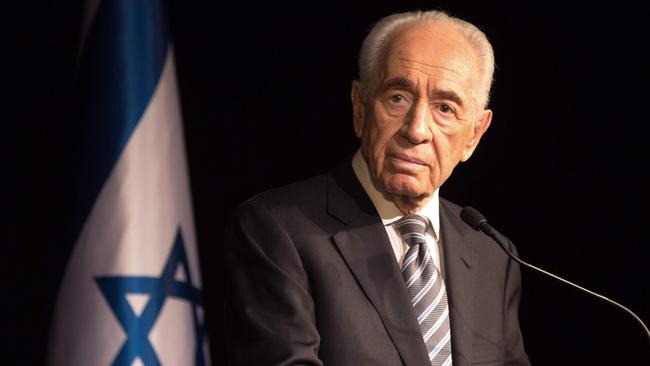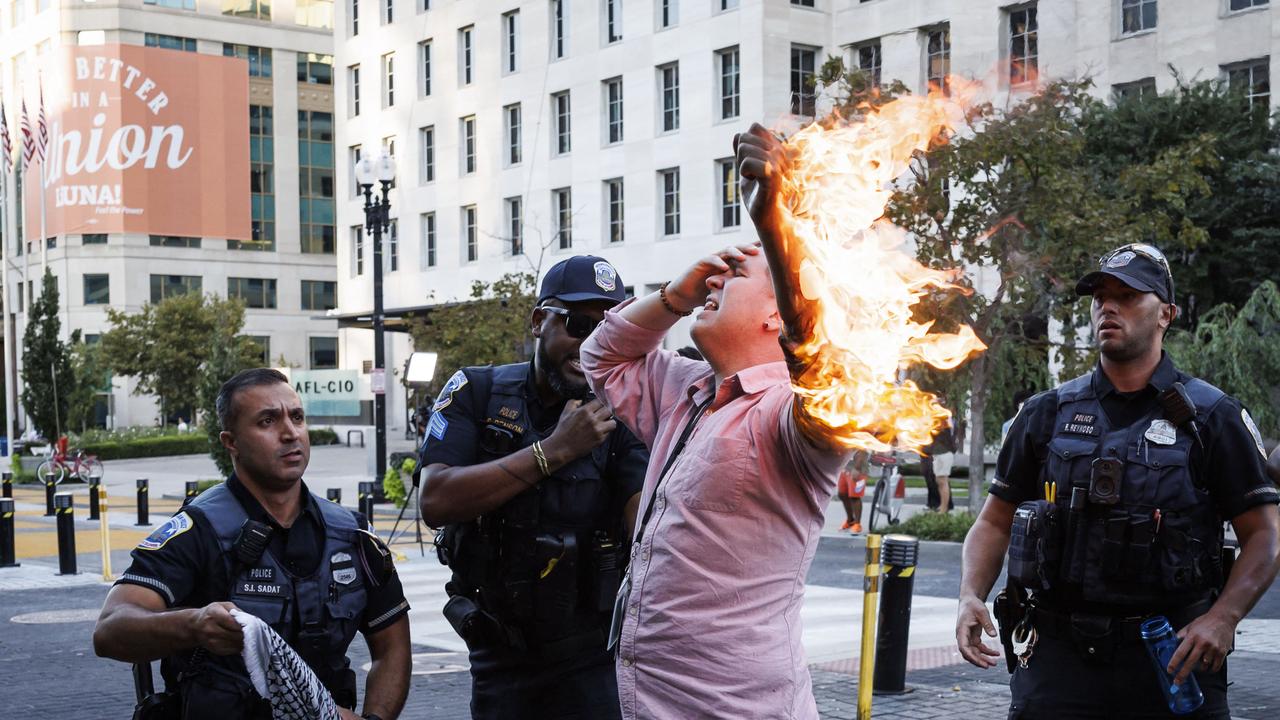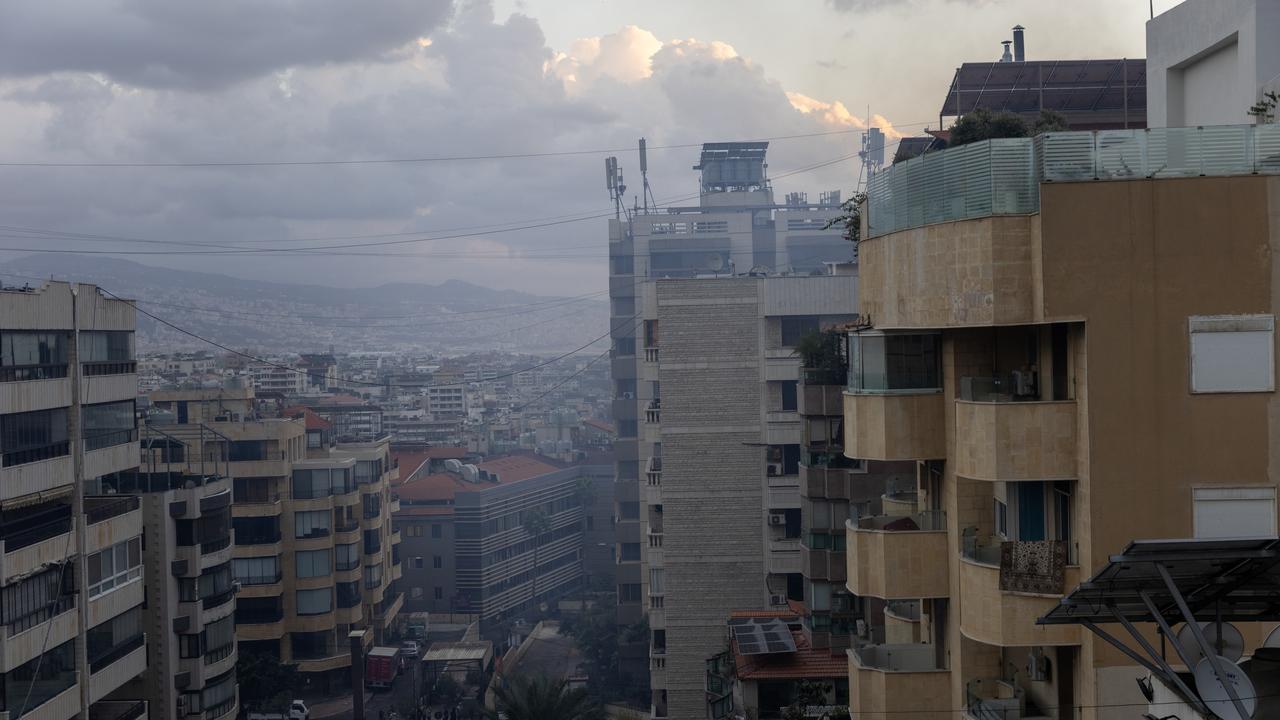Israel’s Shimon Peres, last modern peacenik, dies aged 93
The death of Israeli statesman Shimon Peres may well mark the death of the modern Arab-Israeli peace process.

The death of Israeli statesman Shimon Peres may well mark the death of the modern Arab-Israeli peace process, which has promised so much, and delivered so little, these past 25 years.
The passing of Peres may well mean the loss of the last true believer of any consequence in an imminent two-state solution between Israel and the Palestinians.
The two-state solution remains everyone’s goal, but with the Middle East in flames and instability everywhere, no one believes it can be implemented in the foreseeable future.
Peres always believed, and in his deep, rolling, melodious voice, kept making the case for peace up until his death yesterday, at 93, in a Tel Aviv hospital.
He was an authentic giant of history. He was the last to leave the stage of that breed of Israeli founding fathers and founding mothers: the likes of his mentor, and Israel’s first prime minister, David Ben-Gurion; of Peres’s lifelong rival, Yitzhak Rabin; of his other colleagues Moshe Dayan and Golda Meir, and his sometime political opponents and collaborators, Menachem Begin and Yitzak Shamir. These were the giants who, out of the ashes of the Holocaust, founded the modern state of Israel.
Peres was an enigma and a changeling. He began his political activism as an ultra hawk but spent the last four decades of his life as a passionate peacenik.
He was prime minister or acting prime minister three times, yet never won an election in his own right.
Along with Rabin, and Yasser Arafat, he was awarded the Nobel Peace Prize in 1993 for the Oslo peace accords. He was awarded the Legion of Honour from the French and the Congressional Medal of Honour by President Barack Obama.
He was born in Poland in 1923 and his family avoided dying in the Holocaust because they moved to Tel Aviv in 1934 as part of the great Zionist migration of Jews to the land of Israel.
Peres joined the socialist militia, the Haganah, and became a close friend of Ben-Gurion. At the precocious age of 29, he became director of Israel’s Defence Department. He armed Israel with hi-tech weaponry from France, he got his country’s defence manufacturing industry going and he was a critical player in the development of Israel’s nuclear reactor at Dimona, and subsequently its nuclear deterrent.
His last post in public office was the presidency, a mainly ceremonial office he held for seven years from 2007.
Peres was a tough, ruthless player within Israeli politics but by the 1980s he realised Israel’s future would be better without the West Bank.
He had a lifelong habit of negotiating ambitious peace deals in secret, but tragically none came to fruition. His first such effort was in 1987, when he wanted to give most of the West Bank back to Jordan. This failed as, alas, did Peres’s many other peace initiatives.
For all the controversy of his politically active years, Peres was a man all Israelis, and countless foreigners across many different nations, could admire. He radiated calmness and an undeniable decency and quiet dignity.
I had the pleasure of having a few conversations with him and although his style of speech was slow and deliberate, he seemed always perfectly in charge of all the facts.
Perhaps his greatest contributions to Israel came in those several stints he served as foreign minister. It was impossible to demonise Peres, and impossible to demonise Israel, when its chief diplomat was so essentially, and integrally, reasonable, moderate and unflustered.
I once saw him subjected to the routinely bad-mannered and anti-Israel US TV interview of a type that has driven too many Israeli ministers away from international television studios.
After several rounds of hostile questions based on inaccurate premises, Peres delivered the sternest admonishment to the interviewer I ever heard pass his lips: “You are having a dialogue only with yourself.”
His most famous moment was on the south lawn of the White House in September 1993, when he and Yasser Arafat signed the Oslo accords.
From that moment, Peres tried without success to bring the peace deal to reality.
He dreamt and spoke and wrote of “a new Middle East”, a region, which existed only in his dreams, of economic growth and international collaboration: “Let all of us turn from bullets to ballots, from guns to shovels.”
As Malcolm Turnbull remarked yesterday, Peres had a fondness for Australia and remembered the gallantry of Australian troops in the Middle East.
He often prophesied he would see peace in his lifetime.
Now he will have to watch for it from above.



